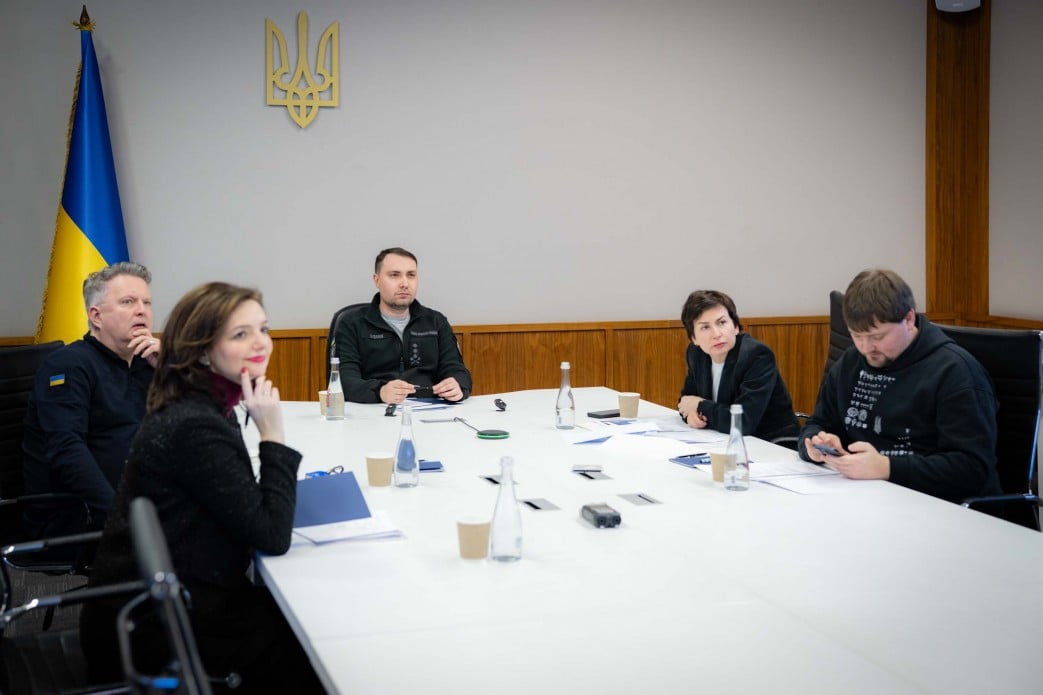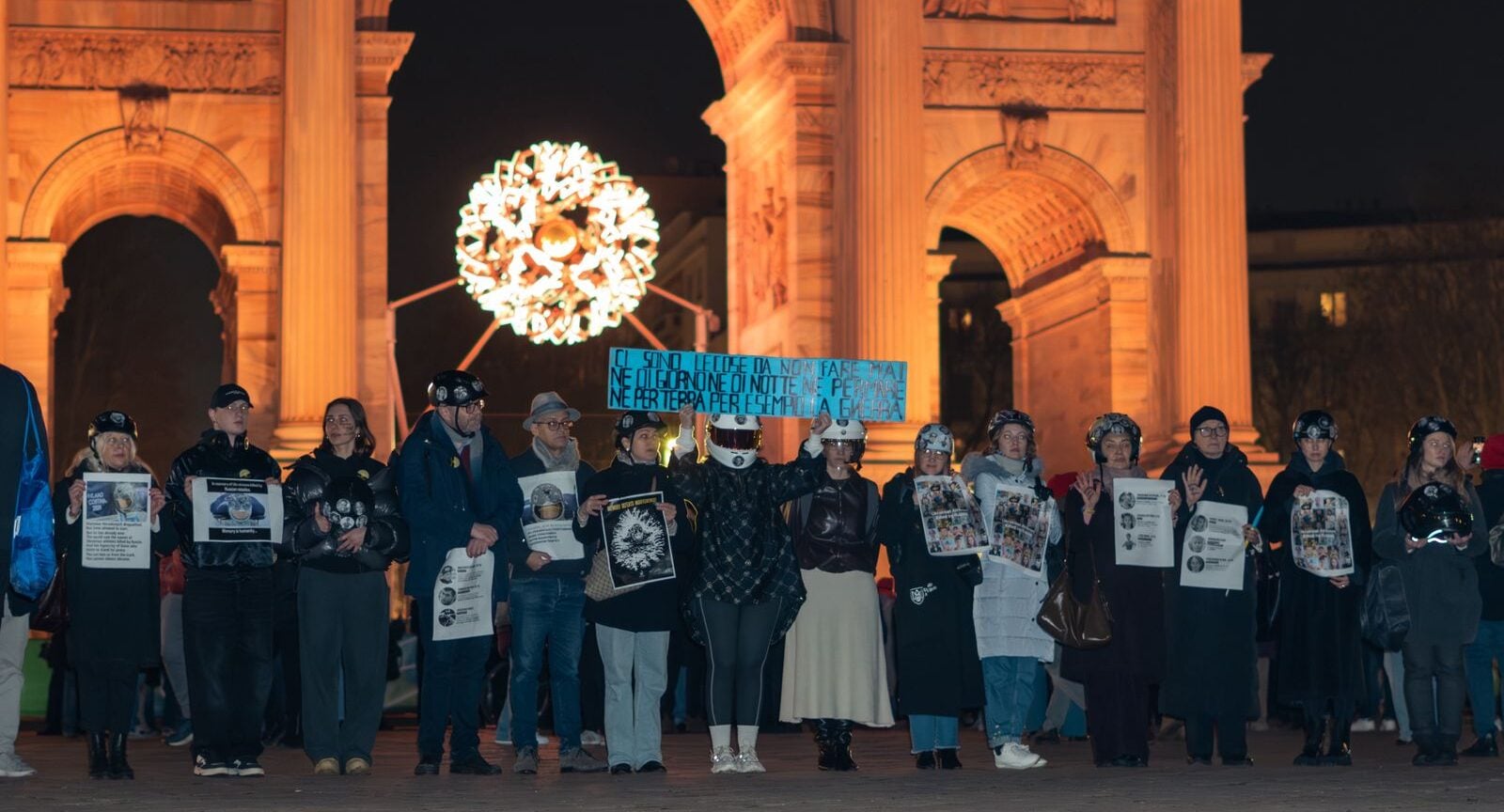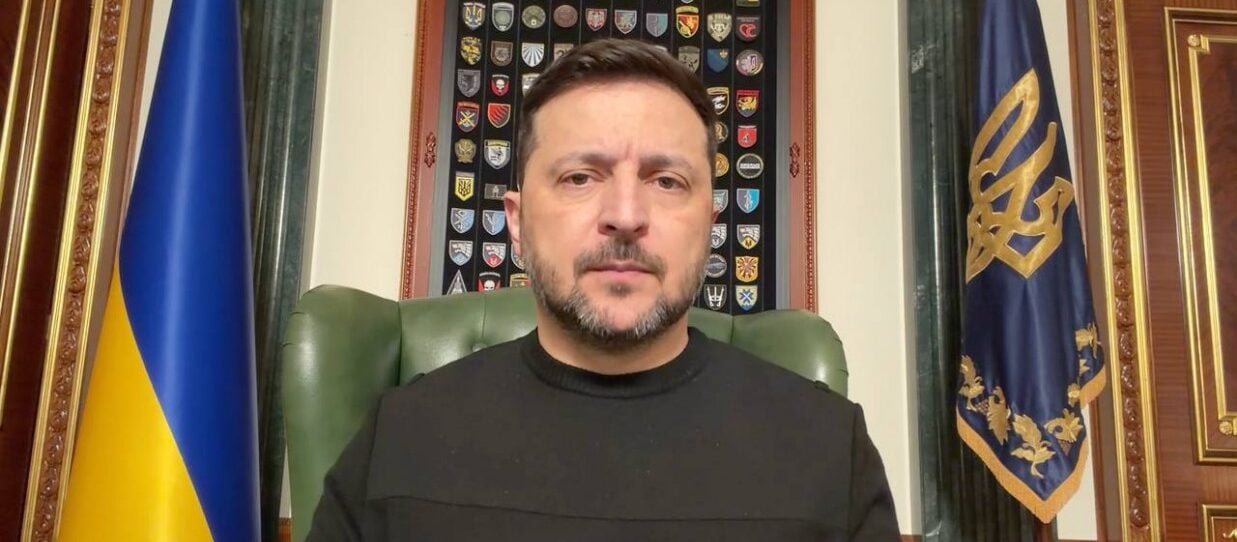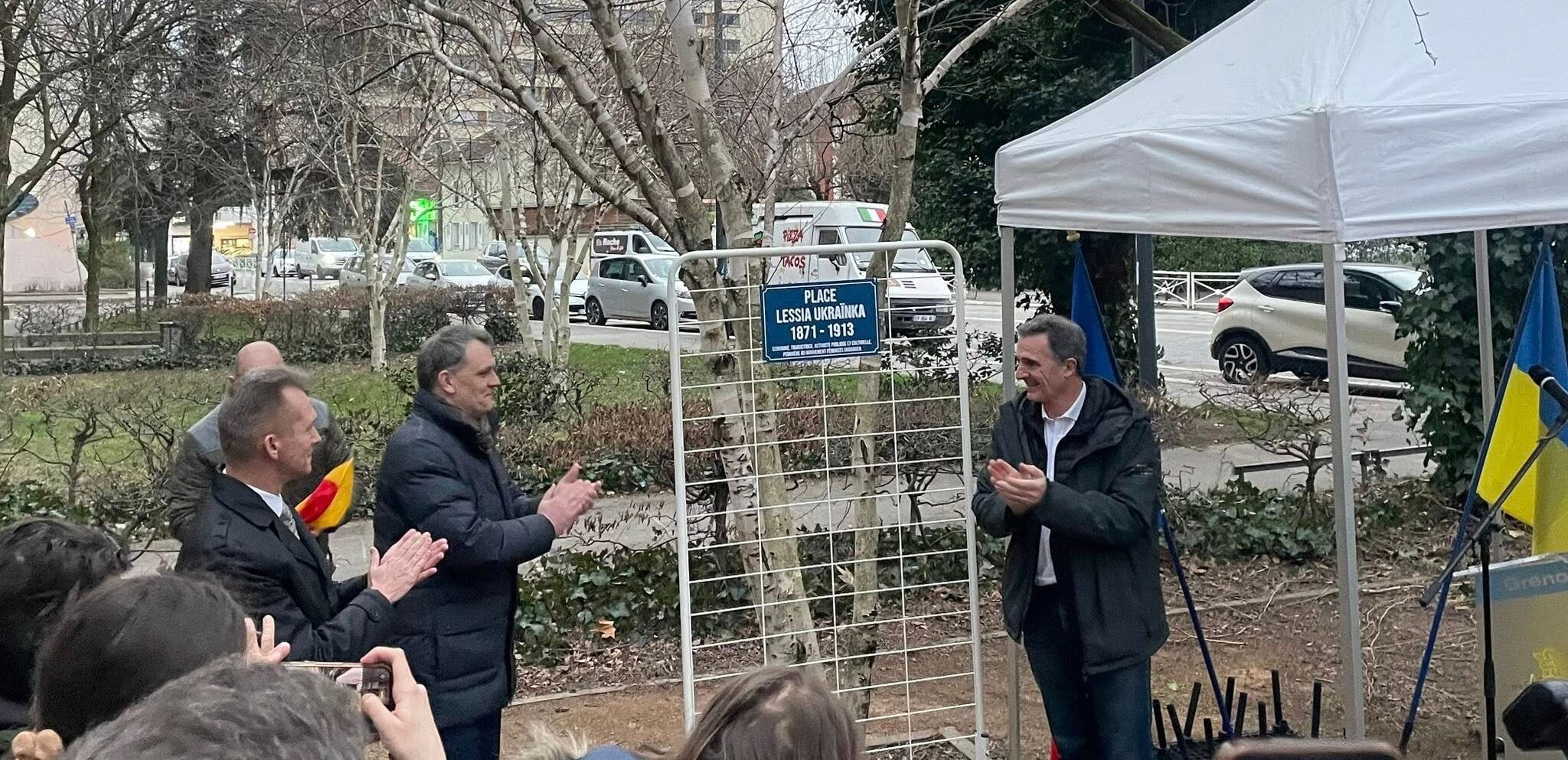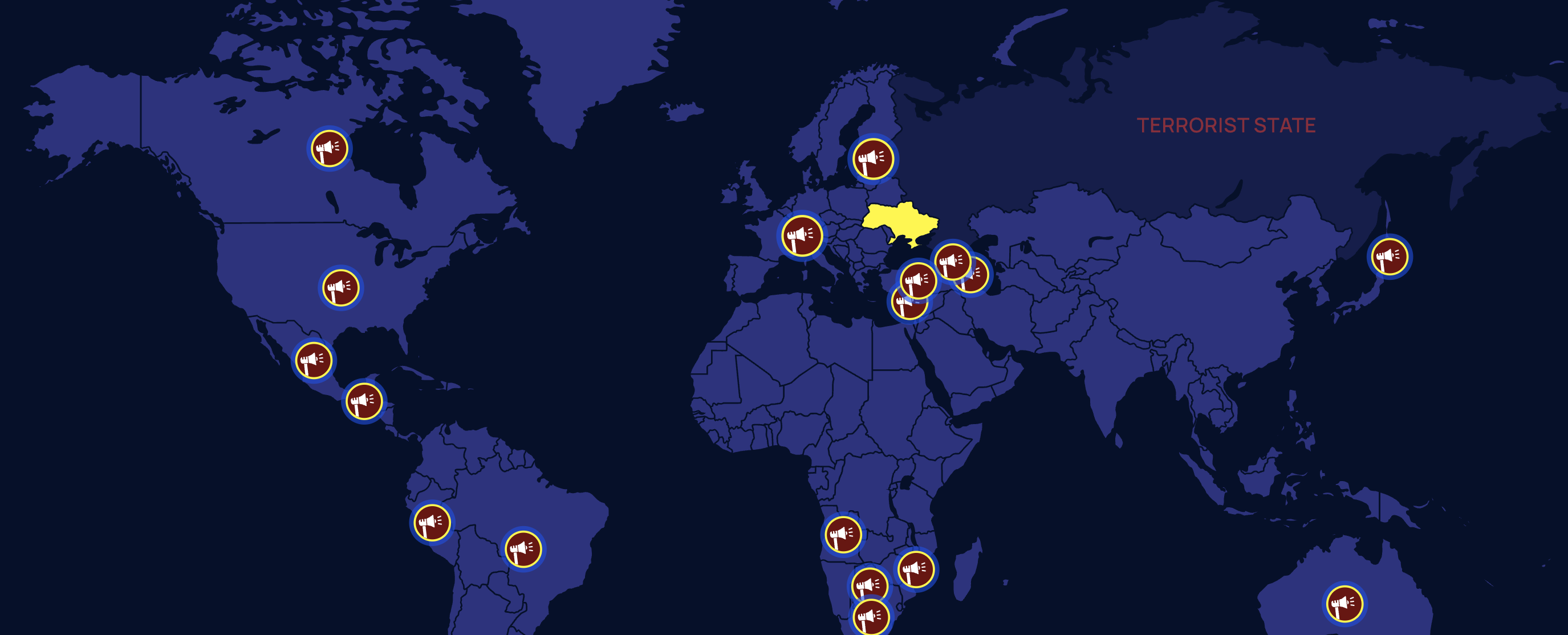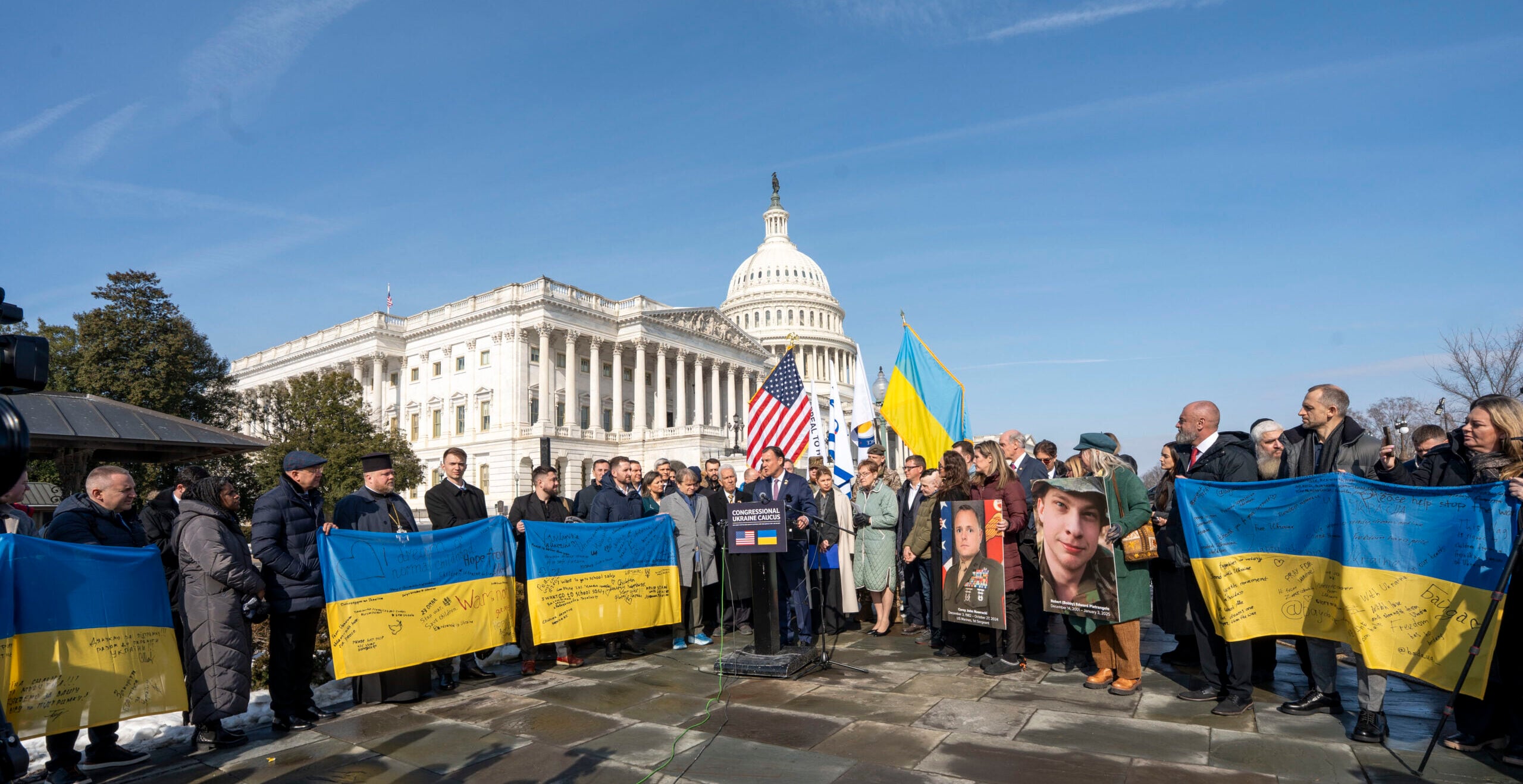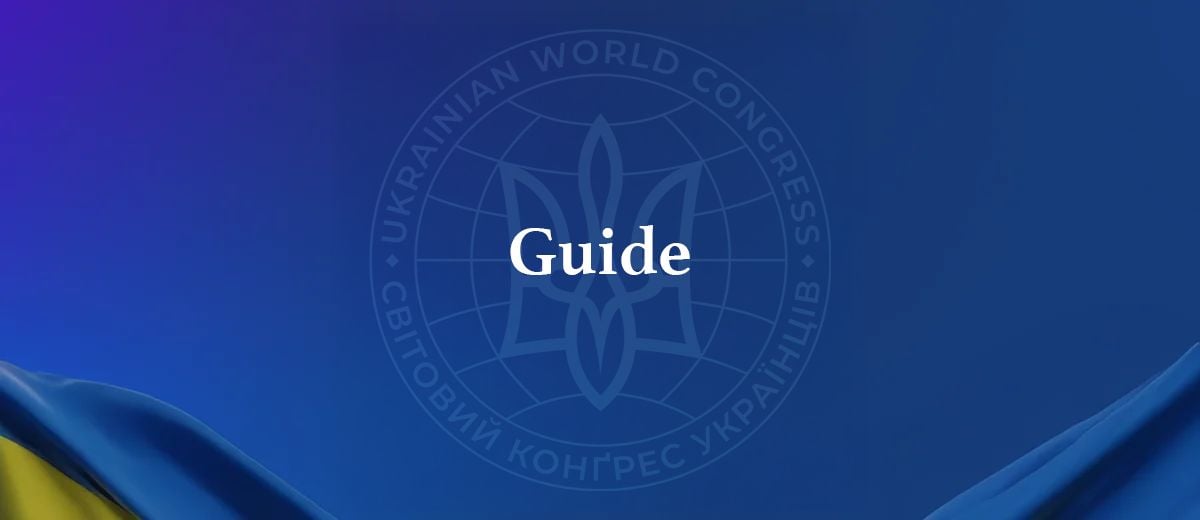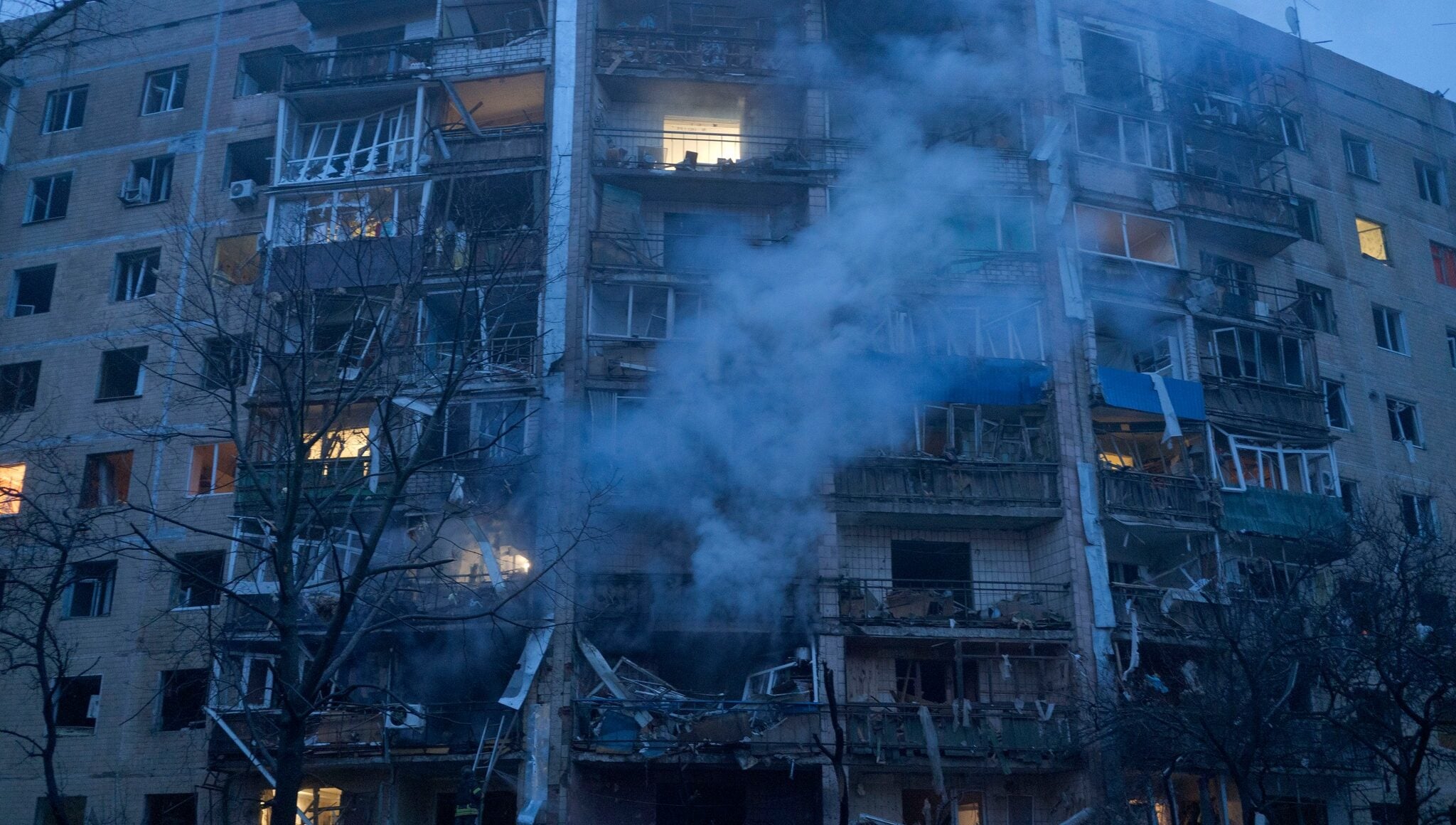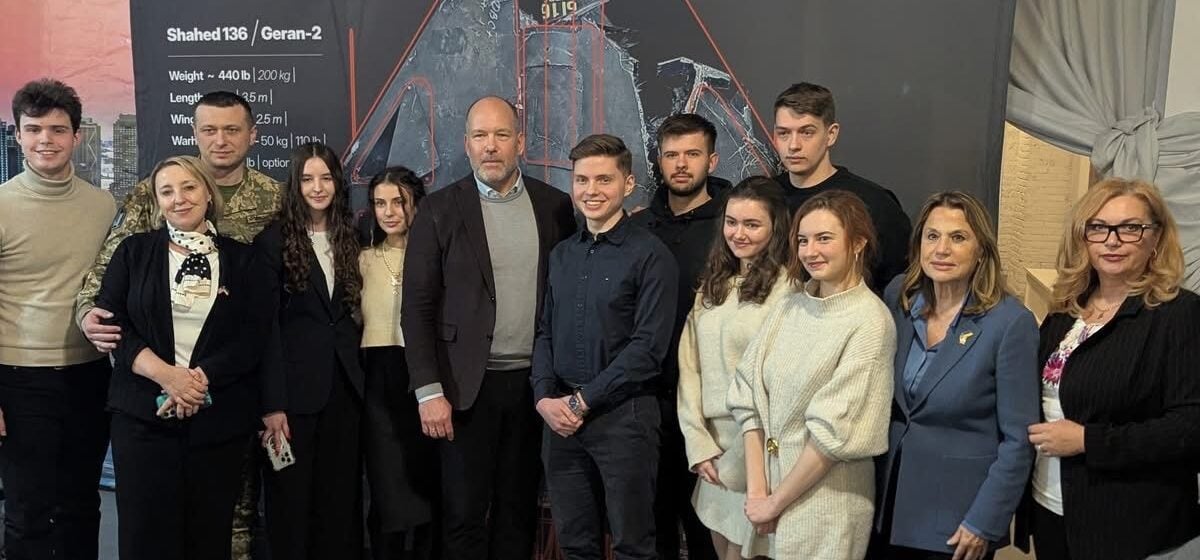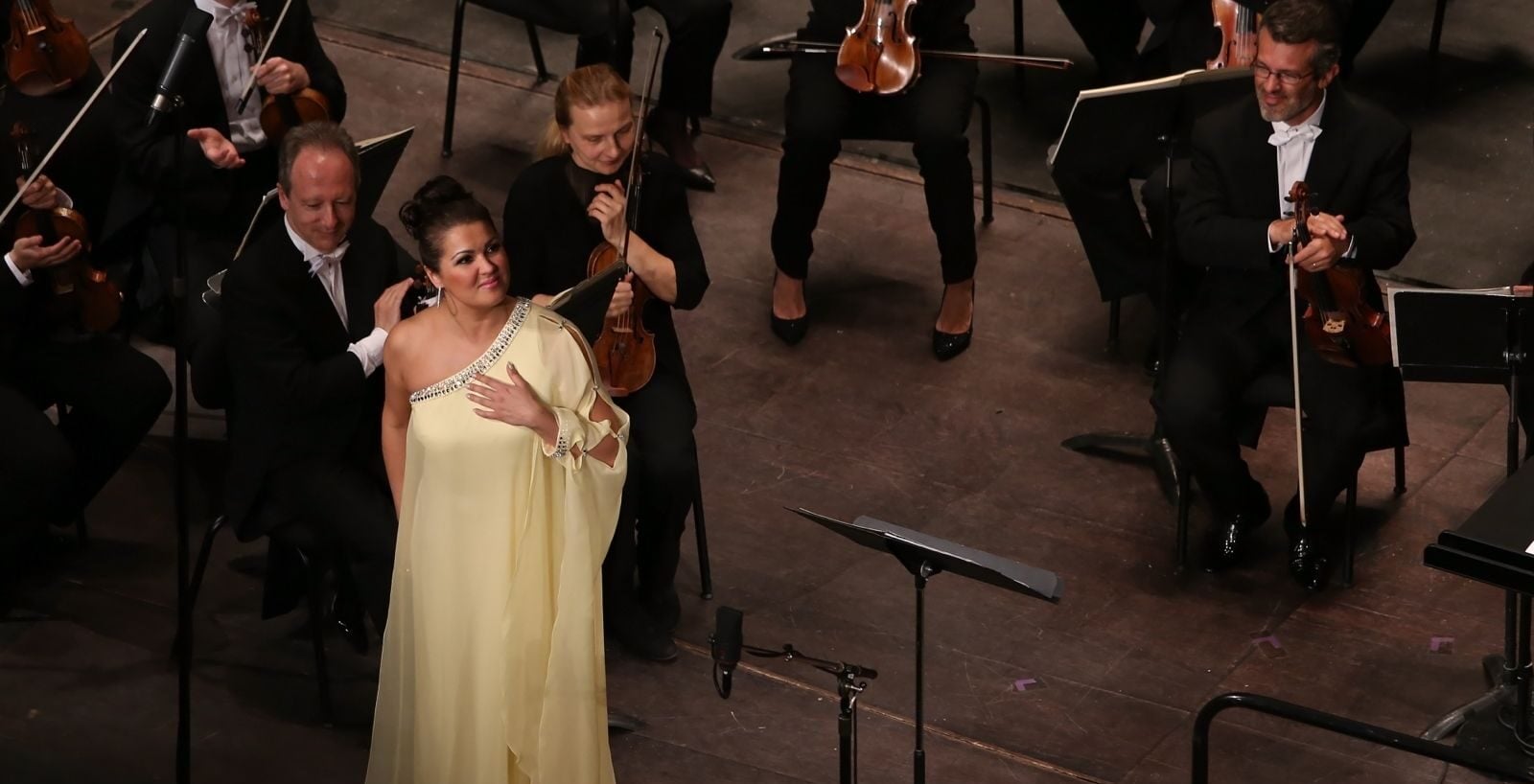

by Anne Applebaum, the American-British journalist and author, a staff writer for The Atlantic and a Pulitzer-prize winning historian
Source: The Atlantic
Ukrainians are confident that they can continue fighting, even without the same level of American support.
On Saturday, I asked Andriy Sadovyi, the mayor of Lviv, in western Ukraine, whether he expected the Russian-Ukrainian talks in Istanbul to lead to a cease-fire. “No,” he told me. Later, I asked the audience at the Lviv Media Forum whether any of them expected a cease-fire soon. About 200 journalists and editors were in the room. No one raised their hand. Many laughed.
Over several days in Lviv I didn’t meet anybody who believed that the Russian president wants to end the war, or that he will negotiate to do so in Istanbul. Ukrainian reasoning is straightforward: Vladimir Putin has never said he wants to end the war. The propagandists on Russian state television have never said they want to end the war. The Russian negotiating team in Istanbul did not say it wanted to end the war. On the contrary, the head of the Russian delegation, Vladimir Medinsky, told the Ukrainians, “We fought Sweden for 21 years. How long are you ready to fight?” (The Great Northern War, to which Medinsky was presumably referring, concluded in 1721. Also, Medinsky is best-known not for any battlefield heroics but for rewriting school textbooks).
At the same meeting, the Russians demanded that Ukraine withdraw from land that Ukraine controls; threatened to annex more provinces, something they have been trying and failing to do for three years; and insulted a member of the Ukrainian delegation, who lost a nephew in the fighting. “Maybe some of those sitting here at the table will lose more of their loved ones,” Medinsky sneered.
Ukrainians find none of this surprising, because they have been listening to this kind of language for three years. What they do find surprising is the American president’s tolerance for what looks to them like open mockery. President Donald Trump says he wants a peace negotiation. Ukrainian President Volodymyr Zelensky prepared for a peace negotiation. The Russian president turned it into a farce, and will likely proceed with the farce, stringing out Trump for as long as possible and agreeing to more phone calls and meetings in order to avoid new sanctions, distract attention from Russia’s ongoing war crimes, and make the U.S. appear weak.
I will not here offer a full explanation for why Trump does not understand the game that Putin is playing, one that is obvious to absolutely everyone else. I will note only that Trump repeatedly misunderstands Putin, overrates his alleged friendship with Putin, and often attributes to Putin motives that are really his own.
